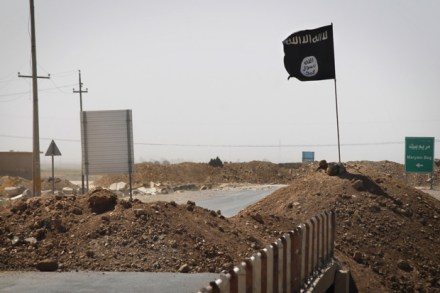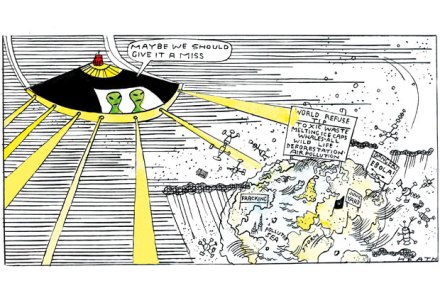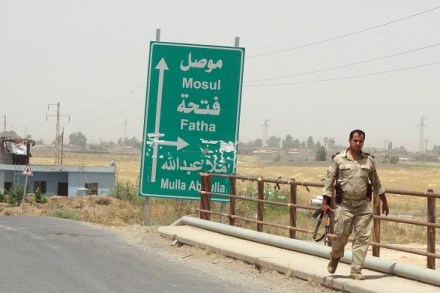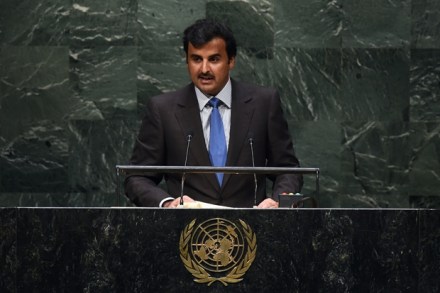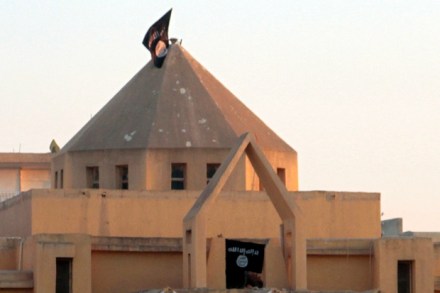Hannibal (and Alexander the Great) vs the Islamic State
Whatever the Islamic State hopes ultimately to achieve by its current onslaught on all and sundry in the Middle East, Philip II of Macedon, father of Alexander the Great, would certainly understand why it has been successful (so far); but Hannibal, who came within an ace of conquering Italy, might offer a word of warning. In the ancient world, conquest of territory was the route to enrichment: other people’s resources became yours to use as you wished. By 358 BC Philip had trained up what would turn out to be an almost unbeatable army. Moving south from Macedon, he picked off Greek city-states one by one, until by 338 BC









